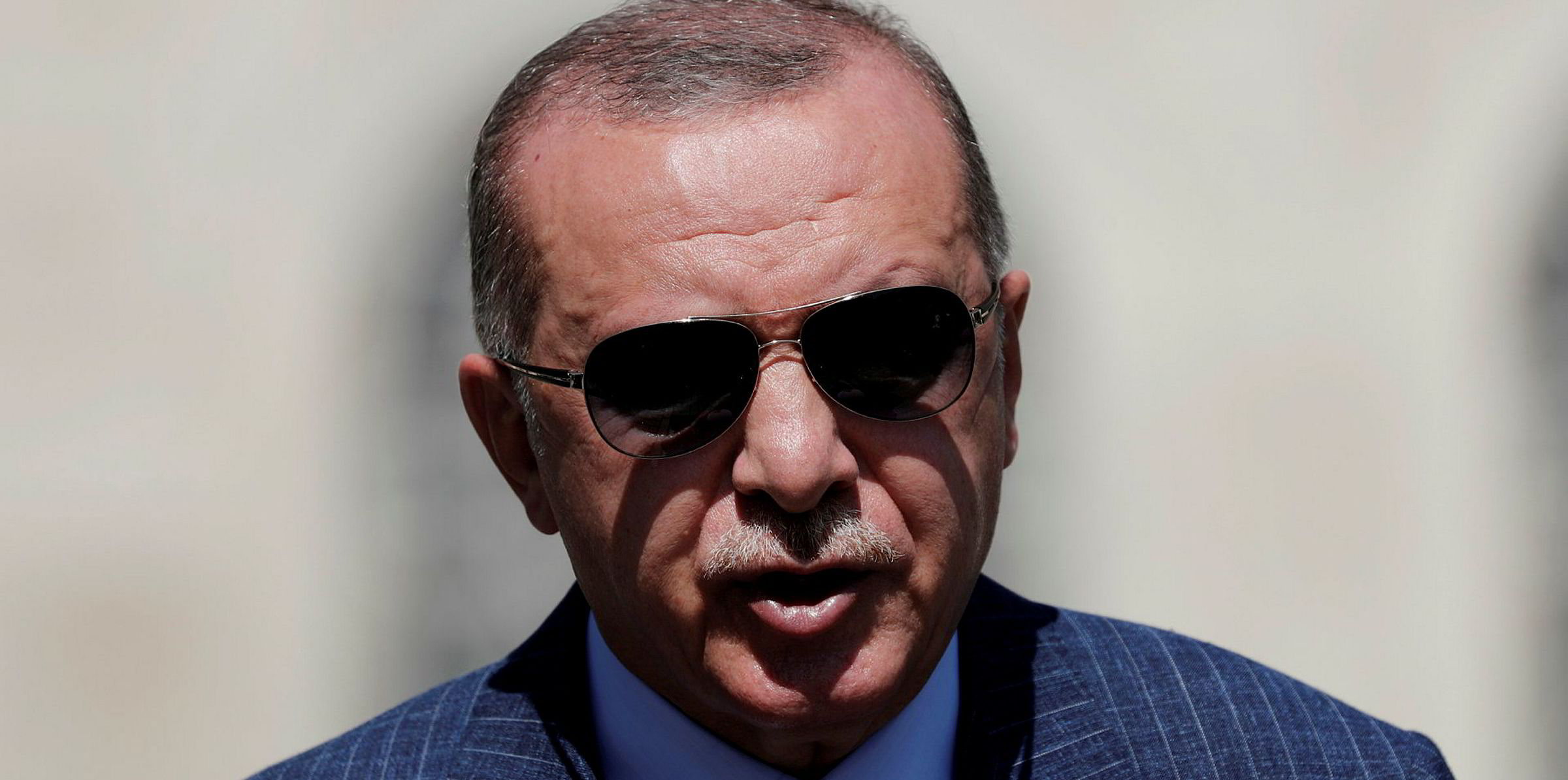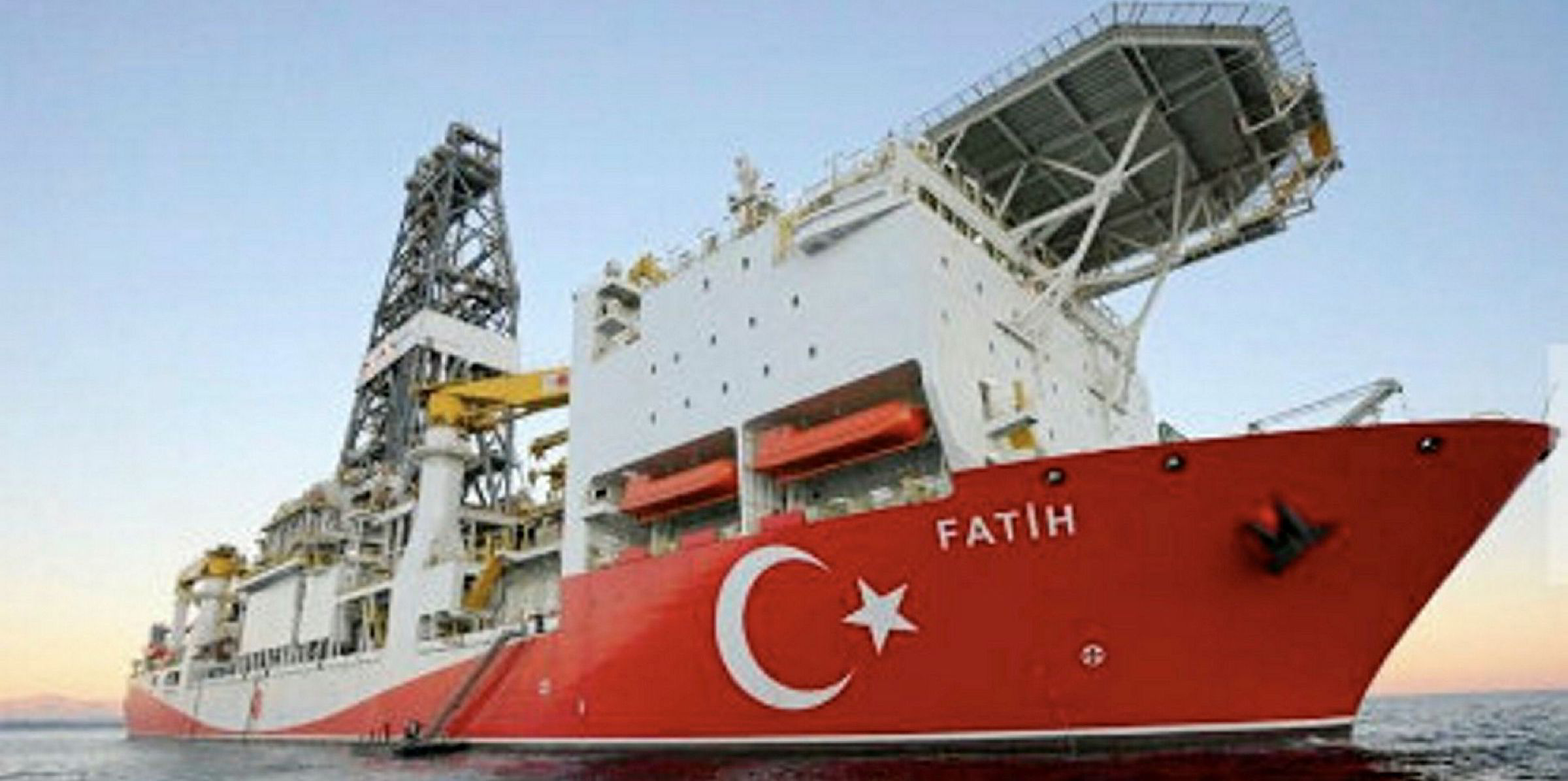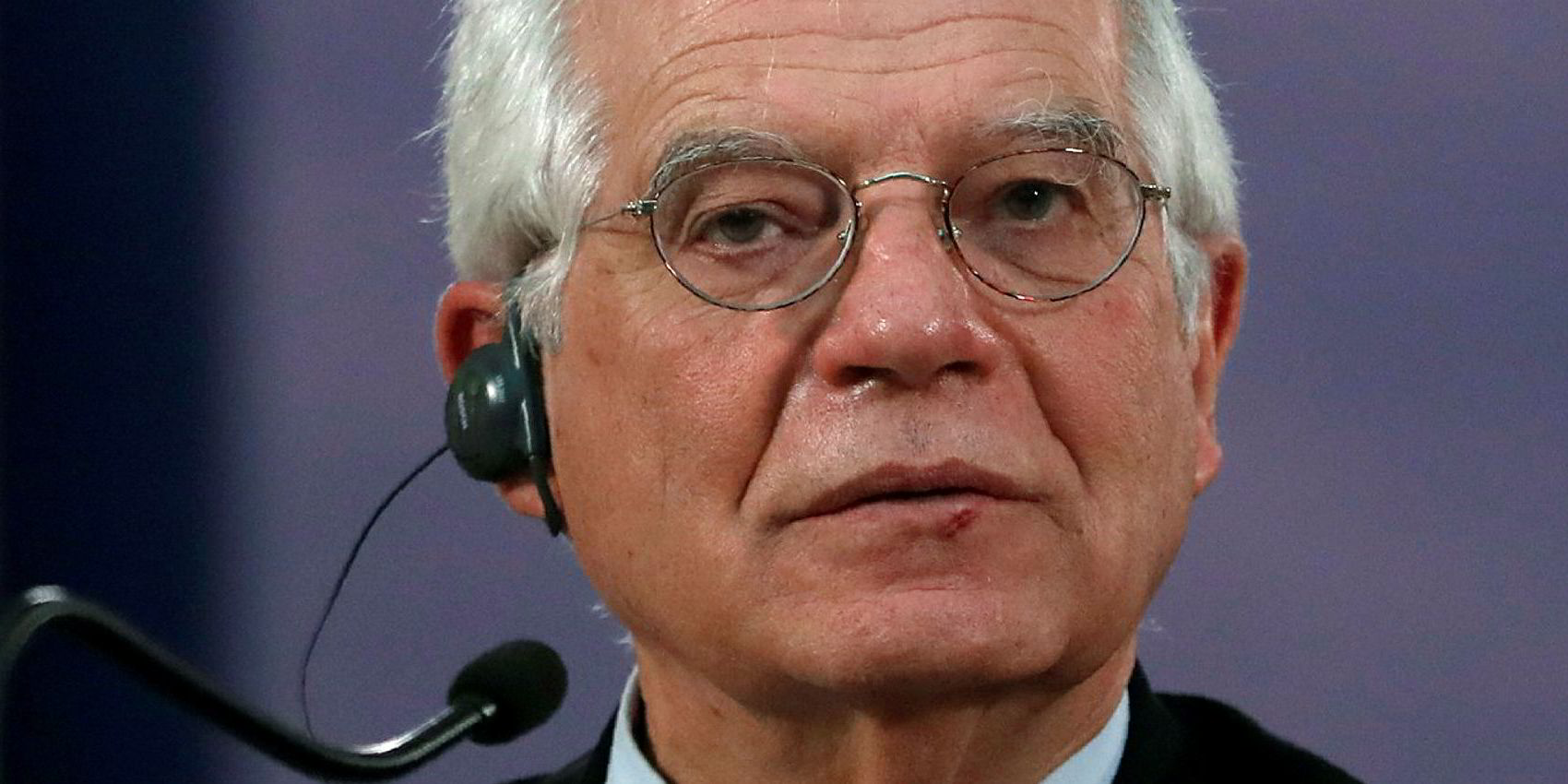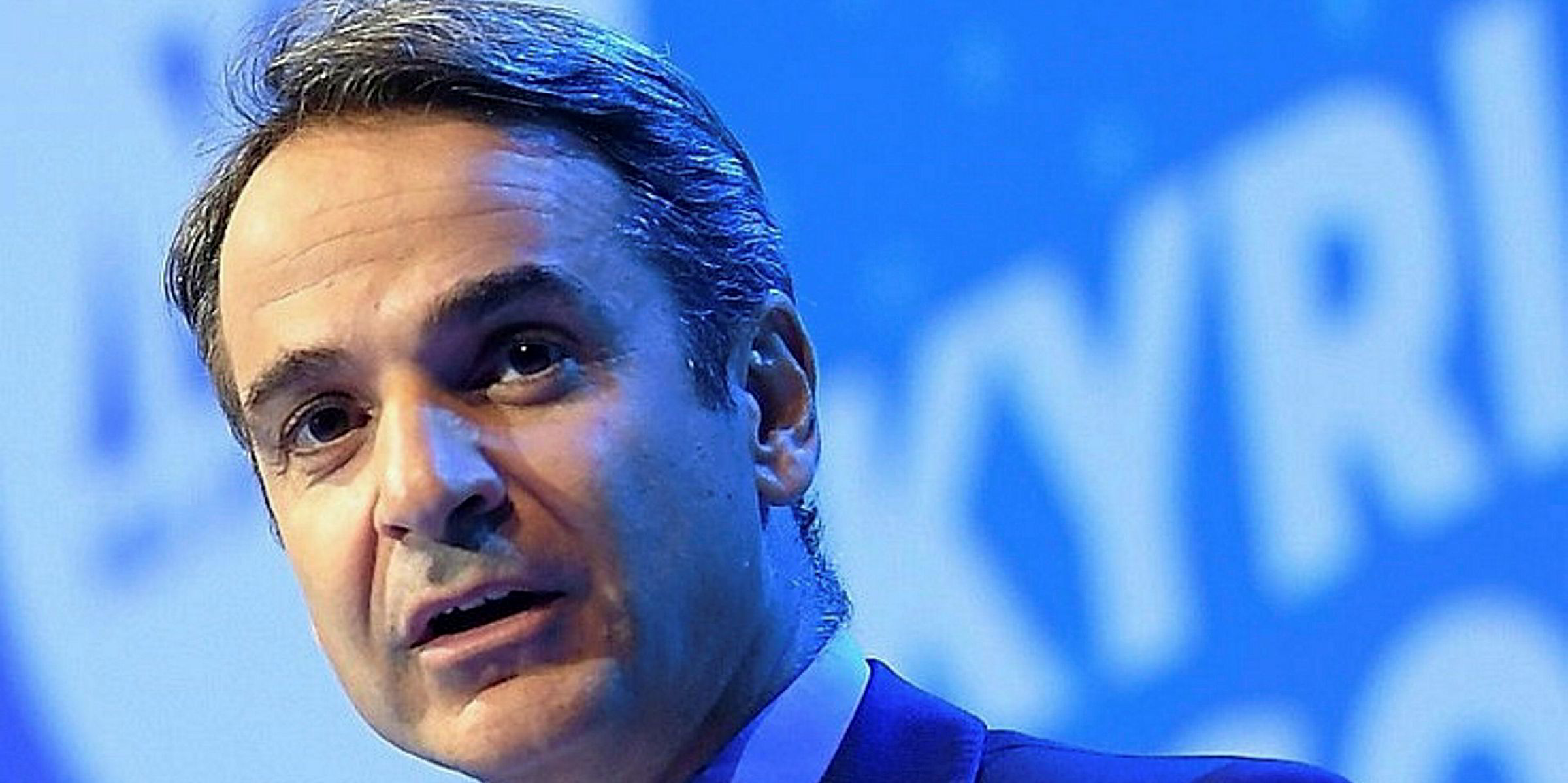Gibson Shipbrokers has raised the possibility that escalating tensions between Greece and Turkey in the Mediterranean could hit tanker cargo flows.
The decline in relations began last month when Turkey sent the navy-escorted 2,300-dwt research ship Oruc Reis (built 2017) into a disputed area of the eastern Mediterranean.
Greece responded by dispatching its own warships and conducting military exercises in the area with Cyprus and France.
Gibson said in its latest report that the impact on crude and product carriers is difficult to assess.
Significant volumes of crude are imported via pipeline from the Middle East and, to a declining extent, Russia.
Escalating row
Most imports still stem from European refinery output, with Greece, Italy, Spain, the Netherlands and Belgium all providing significant volumes.
But Gibson said AIS data shows that with the start-up of the Star refinery in Aliaga, Turkey is now also a product exporter to Mediterranean markets.
“Whatever the outcome of this situation, it is clear that both crude and product flows could be impacted,” the UK broker said.
“The situation has been simmering for a while, but the spat between Turkey, Greece and Cyprus seems to be escalating.”
Rates for suezmax tankers were already showing weakness in the Mediterranean, with brokers pegging levels below $6,000 per day last week on a time charter equivalent basis.
The TCE figure for aframaxes leaving Ceyhan in Turkey actually turned negative at $1,500 per day, according to Howe Robinson Partners.
High-level talks halted
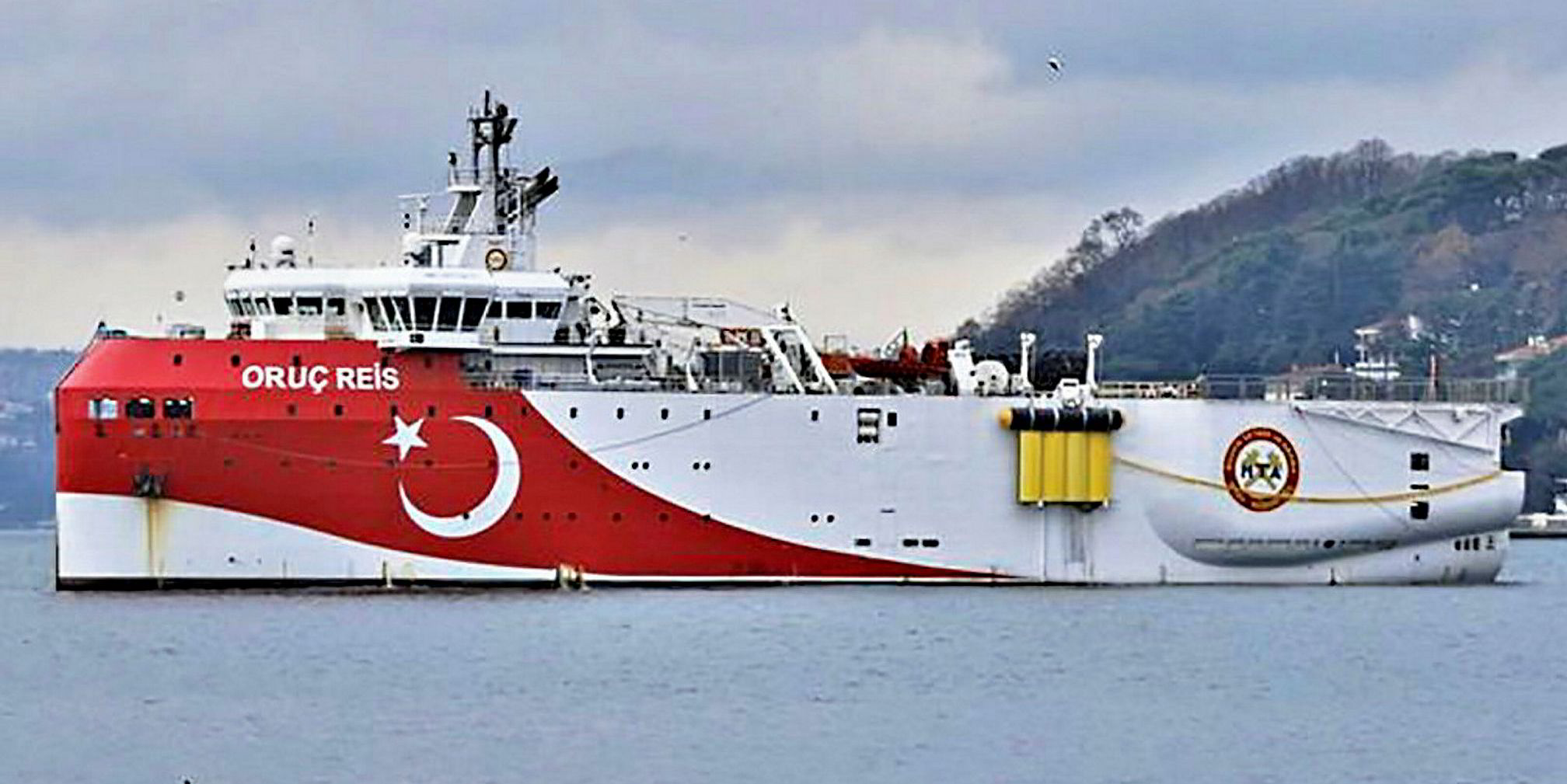
Turkey sent a drillship to the northern coast of Cyprus in 2019. Another has since joined it, and a third is planned to be mobilised.
Cyprus has condemned the actions as illegal.
As a result, the European Union reduced pre-accession financial assistance to Turkey for 2020 by nearly €146m ($173m) and halted high-level bilateral talks.
Despite this, Turkey has said the EU actions “will in no way affect Turkey’s determination to continue its hydrocarbon activities in the Eastern Mediterranean”.
New gas discoveries in the Aphrodite, Calypso and Glaucus fields have made Cyprus a more attractive proposition in recent years.
“So, the right to explore, develop and extract the potential oil and gas finds within the Cypriot borders could provide incentives to both parties, should significant reserves be found,” Gibson said.
Cyprus and the EU consider the north of the island to be part of the Republic of Cyprus and the waters surrounding it to be part of its Exclusive Economic Zone (EEZ), which means EU nations have the exclusive right to fish, drill and carry out other economic activities.
But Turkey recognises Northern Cyprus as independent, with its own EEZ, and says it is within its rights to drill there.
Gibson said the EU has suggested that sanctions against Turkey are not “in principle” on the table.
“For the EU to press for sanctions on Turkey, or even relevant services or individuals, will require unanimity among the EU member states in order to enforce sanctions and it’s not clear yet whether there is appetite by members to agree such actions,” the broker said.
